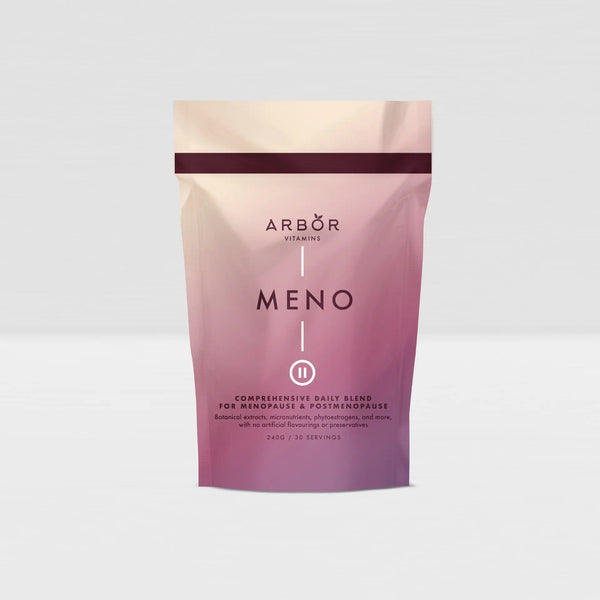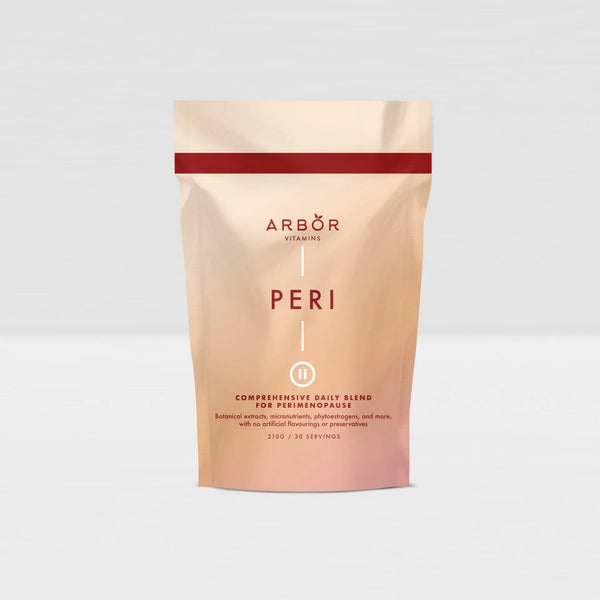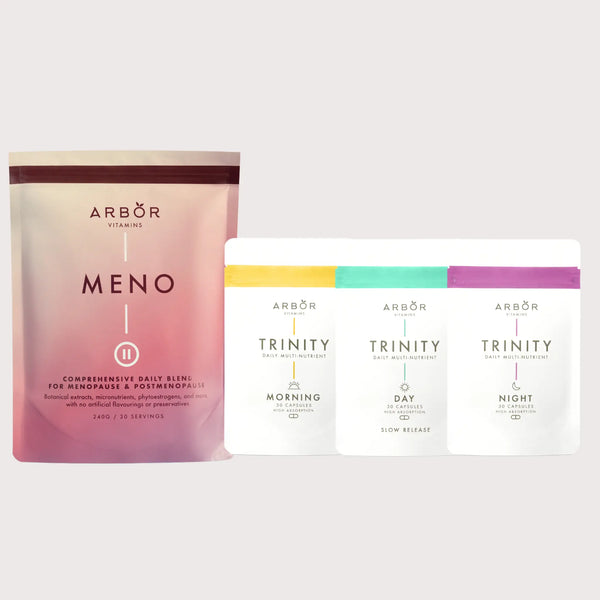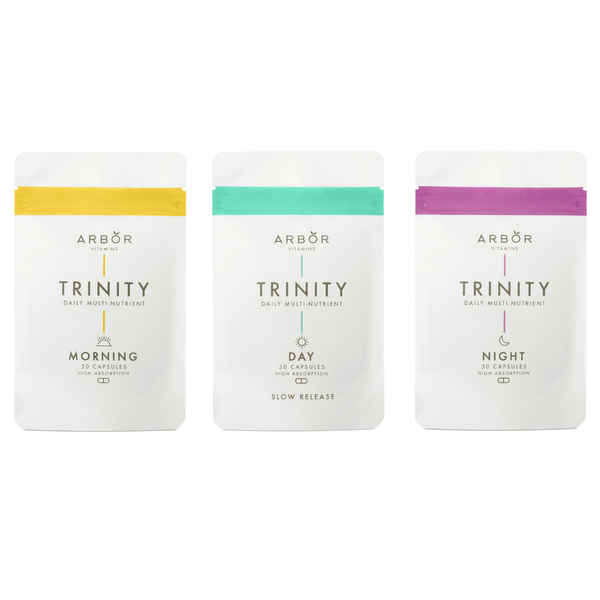Lion’s Mane vs Traditional Nootropics Which Is Better for Cognitive Health?
Lion’s Mane vs Traditional Nootropics
Natural nootropics include mushrooms, herbs, vitamins and amino acids used for centuries to nourish the brain. They’re typically gentler on the body, with benefits that build over time.
Synthetic nootropics (e.g. aniracetam, coluracetam) are lab-engineered molecules designed for rapid, pronounced cognitive effects — but they often require medical supervision and carry a higher risk of adverse reactions.
Lion’s Mane Mushroom Powder: A Closer Look
-
Source: Hericium erinaceus — a shaggy white mushroom used in Traditional Chinese Medicine
-
Key Compounds: Hericenones & erinacines
-
Primary Mechanism: Stimulates nerve growth factor (NGF), supporting the repair and growth of neurons
-
Research Highlights: Studies suggest improvements in memory recall, mental clarity and mood regulation after 8–12 weeks of consistent use.
Try it daily: MYCO Morning — a pure, vegan blend of Lion’s Mane, chaga, cordyceps and shiitake for sustained energy and focus.
How Lion’s Mane Compares with Popular Traditional Nootropics
| Nootropic (Natural / Synthetic) | Primary Mechanism | Research-Backed Benefits | Typical Onset | Safety Profile |
|---|---|---|---|---|
| Lion’s Mane (natural) | ↑ NGF / neuro-genesis | Memory, focus, mood | 2–12 weeks | Very low side-effect risk |
| Ginkgo biloba (natural) | ↑ Cerebral blood flow | Processing speed, circulation | 4–6 weeks | Generally safe; mild GI issues possible |
| Bacopa monnieri (natural) | ↑ Synaptic signalling | Learning, verbal recall | 6–12 weeks | Mild digestive upset in some |
| Ashwagandha (natural) | ↓ Cortisol / adaptogen | Stress reduction, social cognition | 2–6 weeks | Usually well tolerated |
| Aniracetam (synthetic) | ↑ AMPA receptor activity | Rapid focus, mood lift | Minutes | Headache, anxiety, tolerance build-up |
| Coluracetam (synthetic) | ↑ High-affinity choline uptake | Visual perception, memory | Minutes | Limited data; headaches common |
Four Key Differences to Know
-
Origin – Lion’s Mane is a whole-food extract; many “smart drugs” are single molecules synthesised in a lab.
-
Mechanism – Lion’s Mane nurtures brain structure (NGF), while synthetic racetams modulate neurotransmitter receptors for quick but short-lived effects.
-
Safety – Clinical trials show Lion’s Mane is extremely safe, even long-term. Synthetic nootropics may cause headaches, insomnia or dependency.
-
Sustainability – Cultivated mushrooms have a lower environmental footprint than petrochemical-derived synthetics.
Try Lion's Mane in MYCO Morning here.
Choosing the Right Nootropic Strategy
-
Looking for gradual, whole-body support? → Opt for Lion’s Mane and other food-based nootropics.
-
Need immediate, high-octane focus (e.g. for medical reasons)? → Consult a healthcare professional about prescription options.
-
Best of both worlds? → Combine Lion’s Mane with evidence-based herbs like Bacopa and Ginkgo — or choose a targeted, multi-mushroom formula such as MYCO Morning that synergises brain, immune and energy support.
Final Thoughts
Lion’s Mane mushroom powder stands out as a natural, research-backed and low-risk cognitive enhancer. While synthetic nootropics can deliver rapid effects, they carry higher safety concerns and often lack long-term data. For sustained clarity, memory and neural health, a daily ritual featuring Lion’s Mane — like a scoop of MYCO Morning added to your smoothie or coffee — may be the smartest move for both mind and body.
Try our MYCO Morning blend, a pure blend of lion's mane, chaga, cordyceps and shiitake for long-lasting energy and focus.
Useful Links
-
MYCO Morning – Lion’s Mane, Cordyceps, Chaga and Shiitake Blend
-
Morning vs Evening Supplements: Maximising Nutrient Absorption
References
1. Diet vs Disease - 10 Best Nootropics Ingredients: A Review of What Actually Works
2. Taylor & Francis Online - Plant-derived nootropics and human cognition: A systematic review
3. Nootropics Expert - The Most Comprehensive Nootropics List
4. Herbalist & Alchemist - Understanding Nootropics
5. Herbalist & Alchemist - Educational Resources












